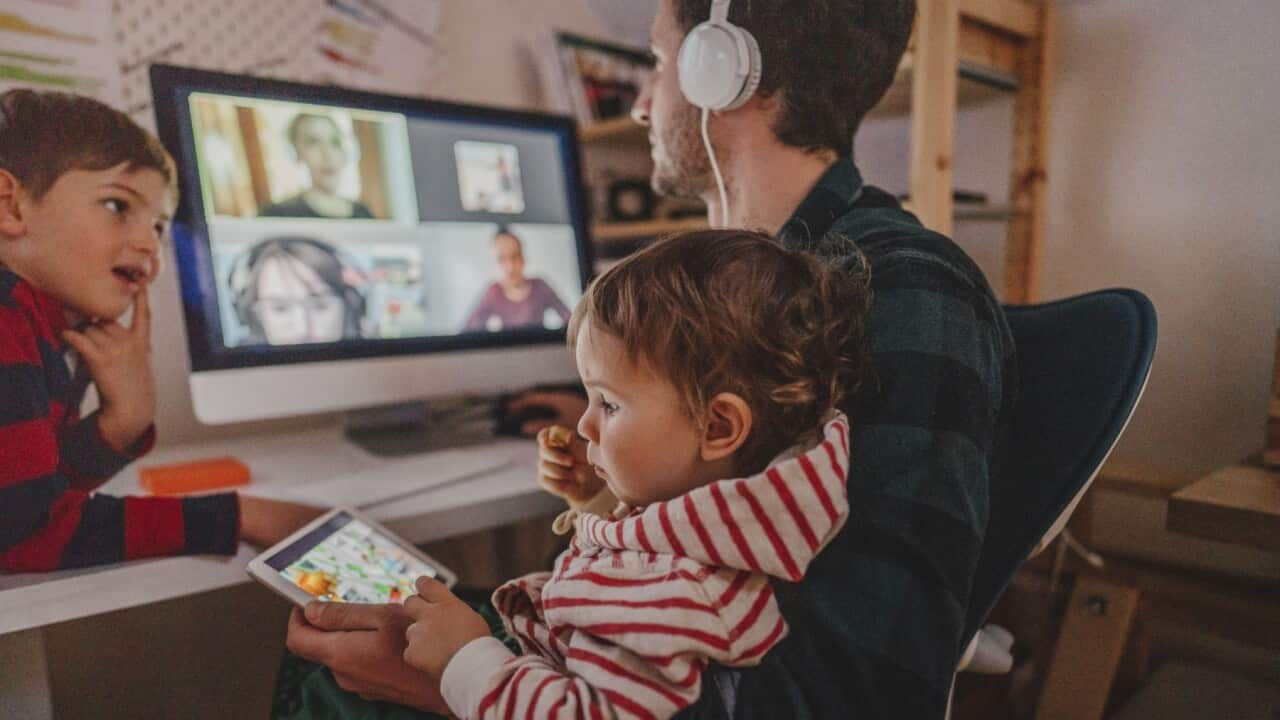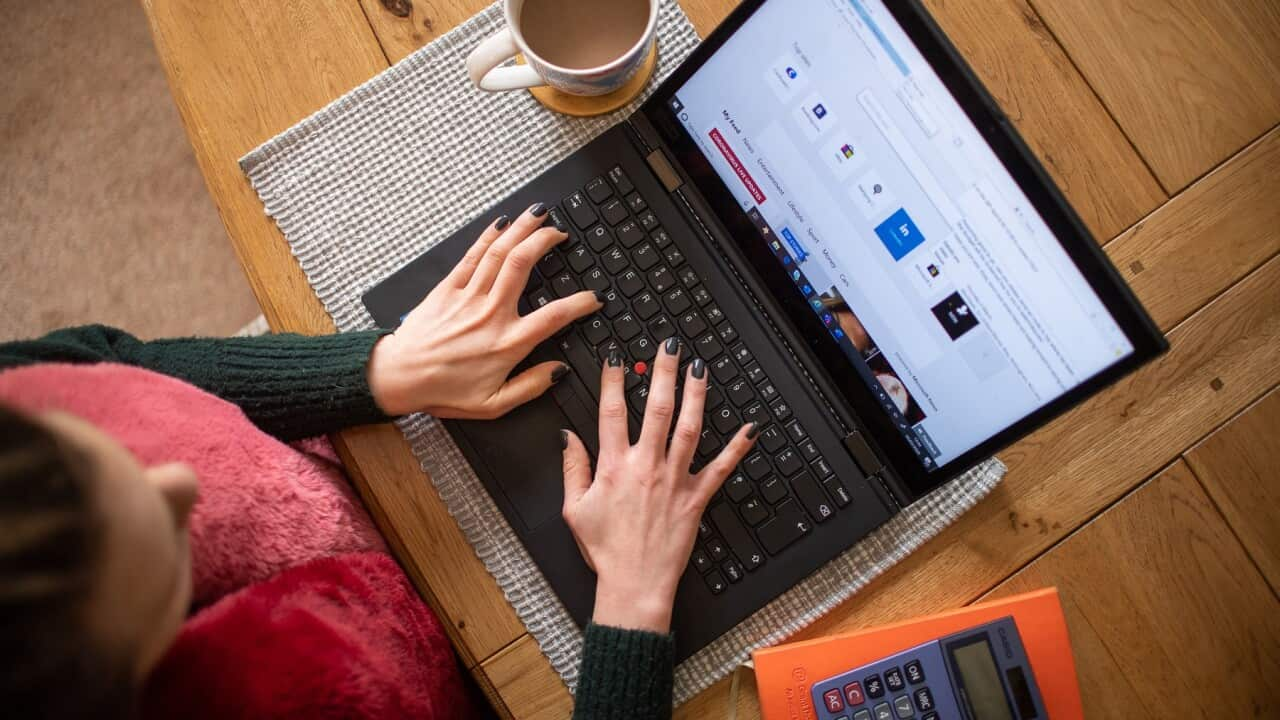Highlights
- Employees are asking for a hybrid remote-office model after the COVID-19 pandemic
- Fostering a high trust culture within a remote workplace can improve employee morale and productivity
- Flexible work arrangements can have a negative impact on employees who are not successful in managing the boundaries between professional and personal life
According to the latest research from the University of Sydney Business School, the majority of Australian employees would like to continue working from home post-COVID-19.
ALSO READ/LISTEN TO





